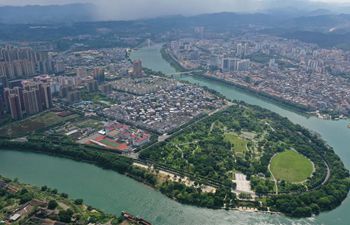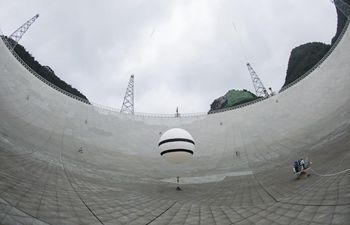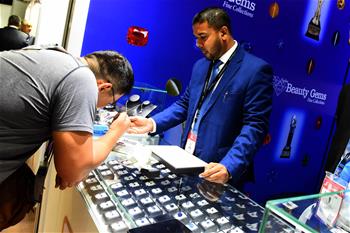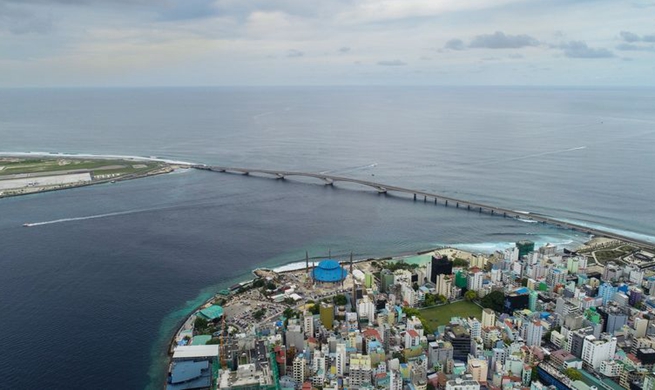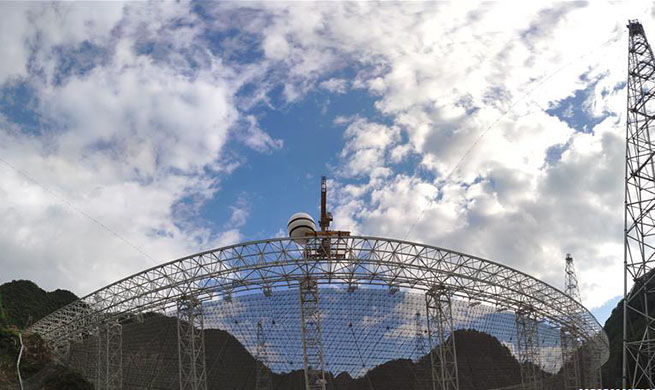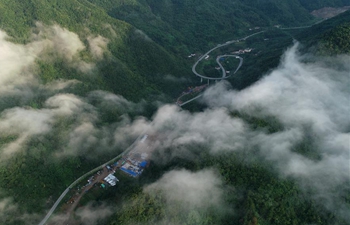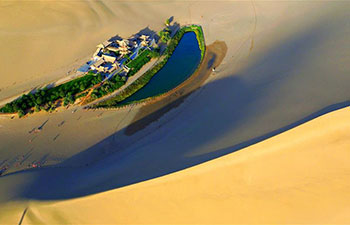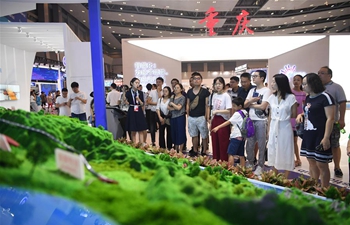SYDNEY, Aug. 31 (Xinhua) -- Reef-building algae species have a unique molecular makeup that could help future coral reefs withstand climate change, pointing to better understanding of environmental impacts on the major marine ecosystems, according to the latest Australian research.
Researchers from Griffith University and the Australian Rivers Institute analyzed the active gene content for four different species of crustose coralline algae (CCA), which are integral to the formation and resilience of coral reefs, and found important links to their response to climate change, according to a university statement released late Friday.
"We found heat shock protein 90 to have undergone a significant duplication event across species of CCA when compared to other red algae species. This could be linked to their evolutionary history and may help them to persist during future times of increased temperature and carbon dioxide," said researcher Tessa Page, who co-authored the study published in the Scientific Reports academic journal.
The algae species help to build coral reefs and have "a unique calcification process, which sets them apart from corals and other species of red algae. This study begins to shed light on the potential genes that may play a role in the formation of the CCA limestone skeletons (that is calcification), which is a fundamental aspect of their importance to coral reefs worldwide", Page said.
The latest findings are important because coral reefs depend on the algae for "their ability to reef build in their own right, support and cement the structural complexity of coral reefs, and induce the settlement of economically and ecologically important invertebrates such as coral and abalone", study co-author Associate Professor Guillermo Diaz-Pulido said.
Major coral reefs in Australia have been hit by bleaching events in recent years, when abnormal environmental conditions, such as warmer sea temperatures, cause corals to expel tiny photosynthetic algae, draining them of their color.
The researchers' work provides basis for future studies investigating changes in the gene expression of important species in response to environmental change brought on by increasing atmospheric carbon dioxide, according to the university.
